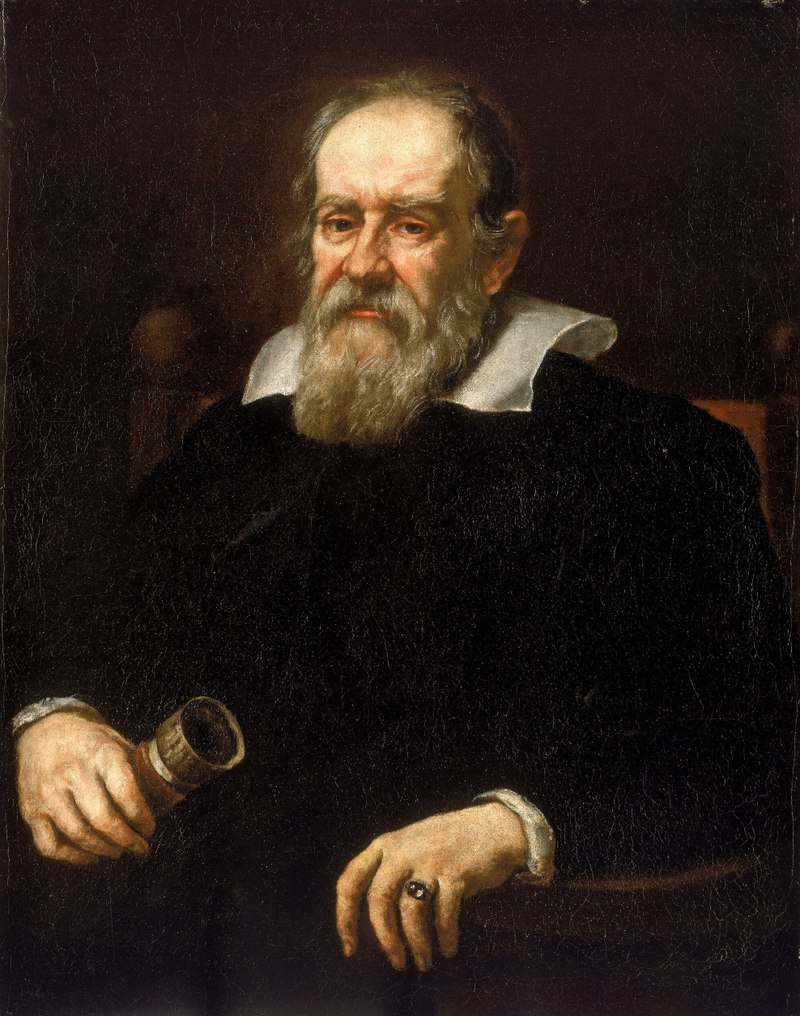Galileo Galilei (1564 - 1642): Unveiling the Wonders of the Cosmos
Galileo Galilei: Unveiling the Wonders of the Cosmos
In the quiet alleys of Pisa, Italy, on a chilly February day in 1564, a brilliant mind was born that would one day change the course of human understanding. Galileo Galilei, a name that would resonate through the corridors of history, emerged into a world ripe for exploration and discovery. Little did anyone know that this curious child would become the father of modern observational astronomy and the architect of a scientific revolution that would shake the foundations of knowledge.
Galileo's journey began in the heart of a family that valued education and the arts. His father's love for music intertwined with his inquisitive nature, setting the stage for a unique blend of creativity and scientific curiosity. A journey that started in medicine would soon evolve into an infatuation with the mysteries of mathematics and the natural world.
The stars above beckoned to him, and Galileo heeded the call. Through the invention and refinement of the telescope, a tool of unprecedented power, he unveiled wonders previously hidden from human eyes. Imagine the awe that must have filled him as he turned his telescope toward Jupiter and found not just one but four moons orbiting the giant planet. These Galilean moons danced in the cosmic ballet, defying the conventions of the time and challenging humanity to expand its vision beyond the confines of Earth.
Shrouded in an enigma, Venus revealed her secrets to Galileo's watchful gaze. The phases of this celestial neighbor mirrored the Moon's, providing compelling evidence against the prevailing Earth-centered view of the cosmos. Sunspots, those mysterious blemishes on the Sun's radiant face, marked the dynamic nature of our nearest star, challenging the notion of celestial perfection.
Yet, Galileo's discoveries were not met with universal applause. The prevailing wisdom, deeply rooted in tradition and upheld by the Catholic Church, clashed with these revolutionary revelations. Galileo's steadfast advocacy of the heliocentric model, with the Sun reigning at the center, created controversy. The universe he had unveiled turned against him, and he found himself in the heart of a cosmic clash between science and dogma.
In 1633, Galileo faced the tribunal of the Roman Catholic Inquisition, accused of heresy for daring to champion the heliocentric truth. His wings were clipped, his voice stifled, yet his ideas took flight even in the face of censure. Under house arrest, he continued to ponder the mysteries of motion, laying the foundations for Newton's laws that would eventually unlock the secrets of the cosmos.
Galileo's mortal coil succumbed as the years rolled on, but his legacy endured, an eternal beacon of human curiosity and the relentless pursuit of truth. His impact reverberated through the corridors of science, inspiring generations to look up at the sky with wonder, to question the universe, and to stand up for the sanctity of knowledge.
In the end, Galileo Galilei was not just a man but a revelation, a spark that ignited a firestorm of inquiry. His tale concerns wonder, discovery, and the unquenchable thirst to understand the cosmos. As we gaze at the stars tonight, let us remember the intrepid soul who brought those distant lights a little closer to our hearts, forever changing how we perceive ourselves and the universe.



Comments
Post a Comment